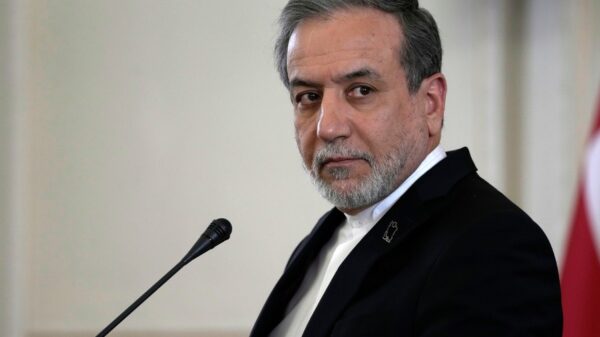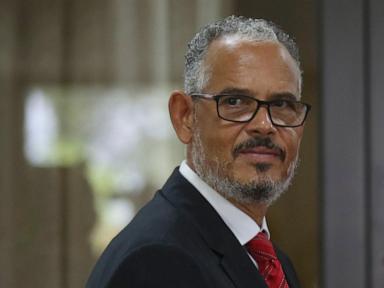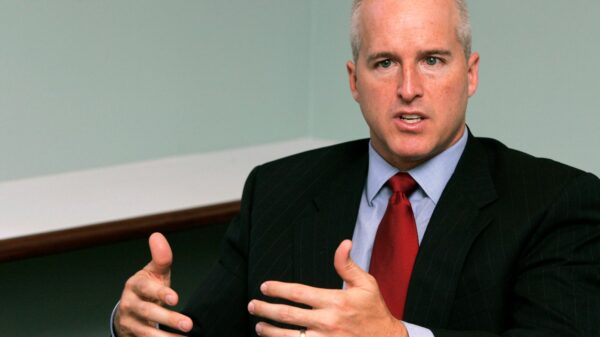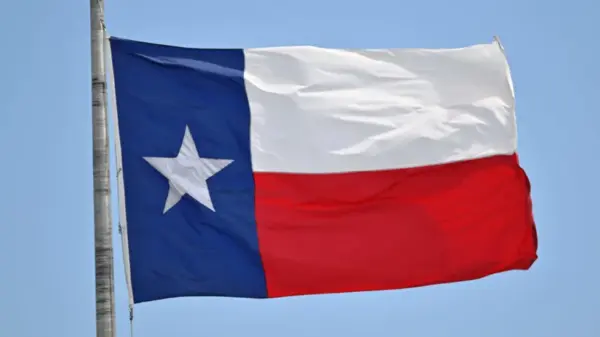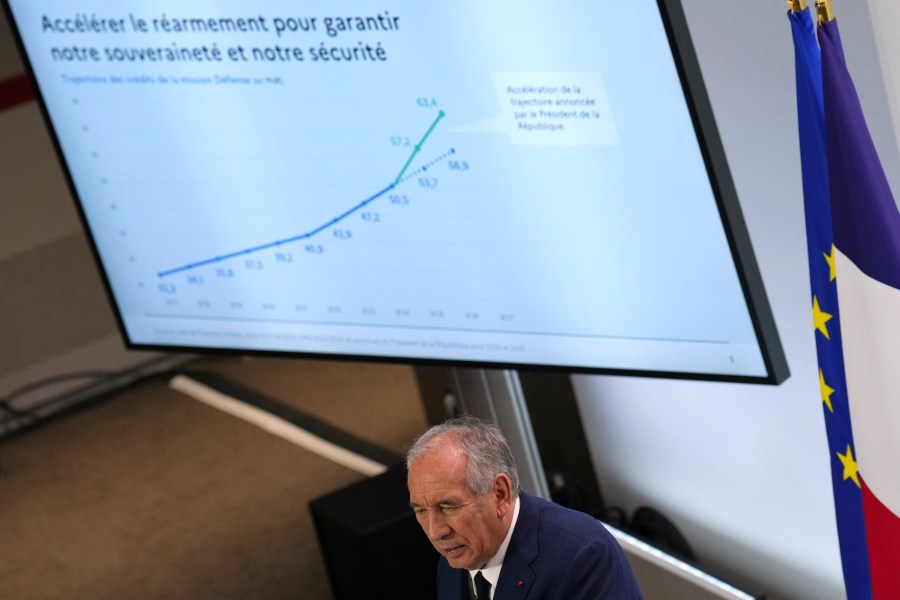In a significant move to address France’s economic challenges, Prime Minister Francois Bayrou proposed on March 5, 2024, the elimination of two public holidays from the national calendar. The suggested holidays include Easter Monday and the day commemorating the Allied victory in World War II, known as Victory Day, which falls on May 8. This initiative is part of a broader budget plan aimed at generating savings for the country’s heavily indebted economy.
Bayrou’s proposal is designed to increase tax revenues through enhanced economic activity, contributing to an ambitious target of approximately 44 billion euros (around $51.3 billion) in overall budget savings. This comes as President Emmanuel Macron has directed Bayrou to formulate a budget that not only reduces costs but also accommodates increased defense spending, in light of rising threats from geopolitical adversaries, particularly Russia.
Budget Cuts Amid Political Challenges
During a press conference, Bayrou questioned the significance of Easter Monday as a public holiday, suggesting that it may not be as essential in modern society. He also pointed out that Victory Day occurs during a month that includes several other holidays, creating what he referred to as a “veritable Gruyere,” or cheese full of holes, in the calendar. May 8 coincides with May Day and the Catholic holiday of Ascension, further complicating the holiday landscape.
Bayrou emphasized that these holidays were merely suggestions and that he remains open to alternative ideas as discussions progress. France currently observes 11 official holidays each year, a number that has been the subject of scrutiny amid financial constraints.
The political landscape complicates Bayrou’s efforts, as President Macron’s centrist coalition lacks a parliamentary majority. To successfully pass the budget this fall, Bayrou will need to secure support from both leftist and right-wing factions. His proposals have already faced backlash from labor unions and the far-right National Rally, which is the largest single party in the lower house of Parliament.
Future of the Budget and Political Stability
Bayrou’s position as Prime Minister is precarious, and he could face a vote of no confidence if he is unable to achieve a compromise on the budget. The proposed cuts, including the reduction of public holidays, reflect the urgent need for fiscal reform in France, where public debt and deficits have reached concerning levels.
As discussions unfold, the outcomes of these proposals will not only shape the country’s financial landscape but also influence the political dynamics within the French Parliament. The coming months will be critical for Bayrou as he navigates these challenges while attempting to balance fiscal responsibility with public sentiment regarding cherished national holidays.







